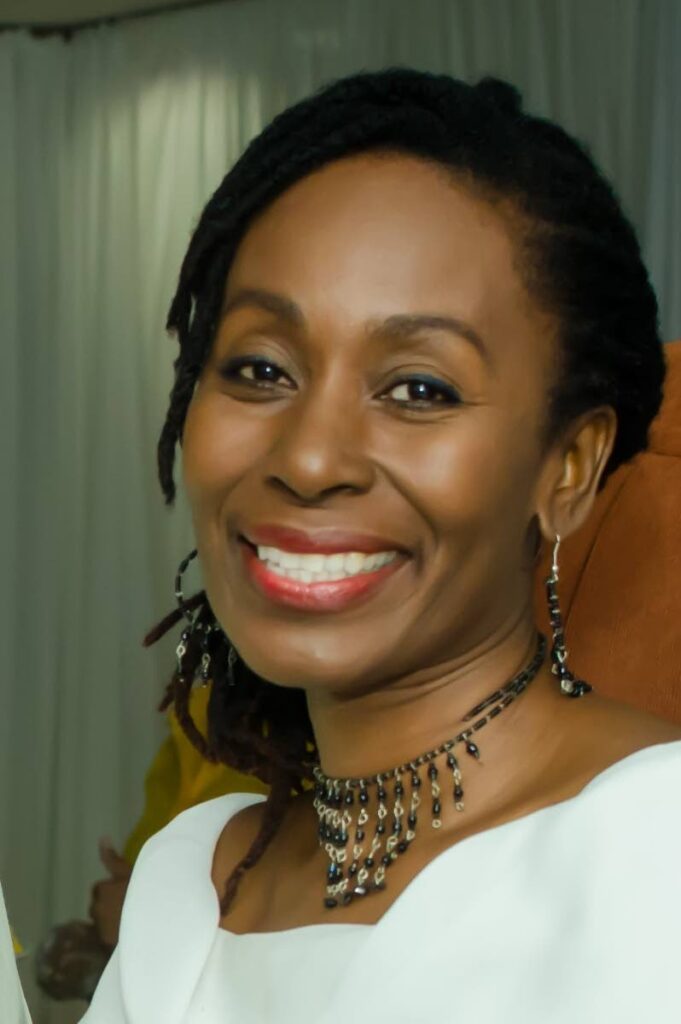Put more emphasis on culture in early childhood classrooms

Dara E Healy
“…it is so important to take advantage of this new context of reconciliation and relationship-building in pushing for early childhood education and care that contributes to the revitalisation of Indigenous knowledge, cultures and languages. In this way, early childhood can be seen as a crucial site for reconciliation and cultural healing.
– Margo Greenwood, professor, Education and First Nations Studies
ZANTÉ, OUR Carnival and theatre arts camp, was started with the primary objective of being a safe space for children to learn skills related to Carnival and the development of their creativity. Our camp focuses on children five-ten years old and we always ensures that those from vulnerable communities are given an opportunity to be part of our immersive learning methods.
While we are proud of the work we do, continued lukewarm national response to the Secondary Entrance Assessment (SEA) exam reminds us that in many ways, voices like ours are not being heard.
Why do we continue to resist infusing more culture and creativity into our education system?
Globally, educators are paying attention to the importance of culture in early childhood learning, specifically the impact of “culturally responsive educational experiences.” This type of education goes beyond children being able to group items or demonstrate empathy. Rather, the focus is on appreciation for diversity of cultures, people and belief systems.
You may wonder, is this really what we need to be teaching five-year-olds?
In post-colonial societies the answer is emphatically yes. For decades, education in TT was determined by a British colonial view of the world. After independence we were expected to pick up the pieces and restore a sense of who we are as people. This expectation was never quite met, as the people leading the transformation were themselves educated in a system that ridiculed local culture and traditions.
In the 21st century, we are still trying to work out who we are; the way we educate our population is slowing down the process of decolonisation.
A perfect example is the way Carnival is conceptualised and managed. We continue to resist returning the festival to its emancipatory roots and ritualistic elements. Yet every year we express disappointment when it feels less grounded.
In Zanté, we aim to counter the negative attitudes towards Carnival by showing that children can absorb complex ideas, appreciate history and still enjoy themselves in an immersive experience. However, it is important to teach young children the correct information about our culture. Otherwise they will repeat the inaccuracies and perhaps even teach them to younger generations.
I have seen information being given to children about our Carnival that is not correct. Whether it is the names of traditional Carnival masquerades or explanations oft their history and origin, we need to be more rigorous when it comes to educating about our culture.
The images that children see are also very important. Based on the resources for pre-schoolers that I have seen, a greater effort must be made to create learning materials that draw from and celebrate our culture. Foreign programmes for children like Bob the Builder or Sesame Street are excellent resources, but they do not even begin to represent the people of our nation. They cannot capture the nuances of our language, our culture or everyday concerns. These are central for creating a sense of belonging and identity.
The question of spirituality is crucial. In some ways, our society has made space for people of many different belief systems. However, we still seem to lack the will to truly include all forms of worship. Apart from ensuring that equal space should be allocated in learning materials for our different beliefs, educators should take the time to understand or seek the advice of recognised elders on what is appropriate.
There is more to be said about how critical it is for us to get early childhood education right, but space does not allow.
Today, I wish to use a few lines to celebrate the life and humanity of Prof Funso Ayejina. He fiercely believed in the power of education to uplift and transform. Beyond all the accolades, he was kind and generous, with a mischievous sense of humour. His presence enriched our family; his passing has left a void. May the ancestors receive him as he travels on this next phase of his journey. May he always rest in peace and power. We will miss him dearly.
Dara E Healy is a performance artist and founder of the Indigenous Creative Arts Network – ICAN

Comments
"Put more emphasis on culture in early childhood classrooms"